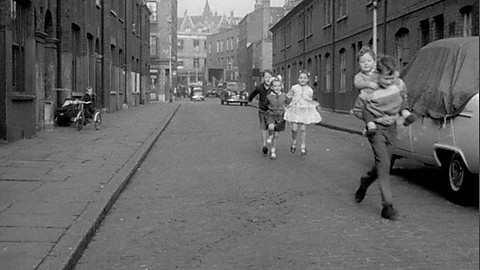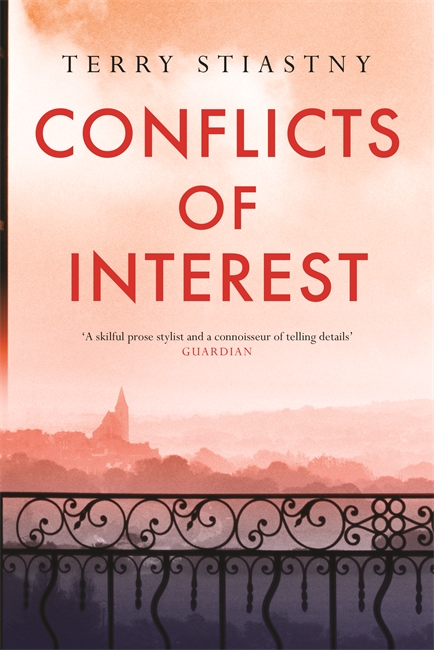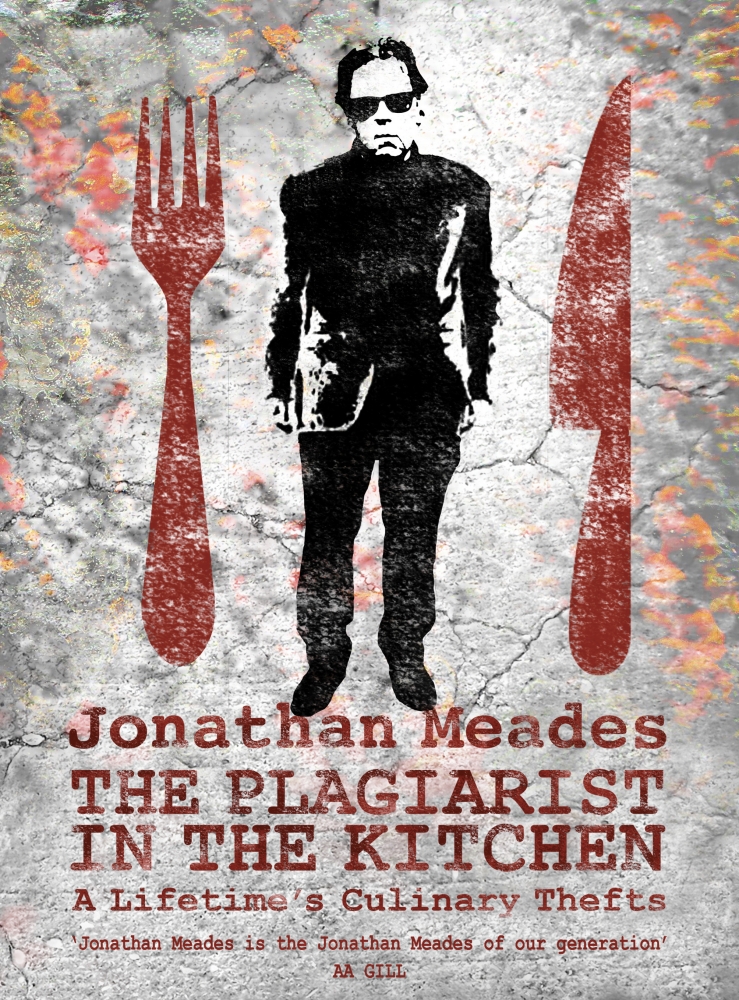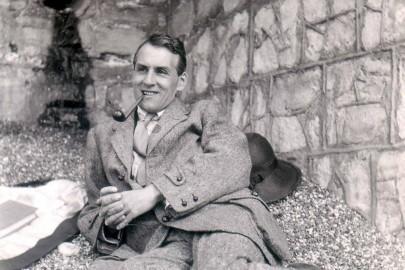A collection of archival clips puts to shame a seedy corner of today’s TV…
I just caught a wonderful programme on BBC4. That’s a sentence I could write a few times a week: the channel’s worth the licence fee alone, unlike that nice Mr Attenborough who used to be, but has now gone off a bit.
So why mention it? Well this one turned out to be unusually affecting. The London on Film series comprises three seemingly artless compilations of archive films, from the medium’s invention to the rather implausible full-colour arrival of the Canary Wharf development. Last night it was the East End, the West End having been looked at last week, and the suburbs upcoming (you can catch all of them on the iPlayer).
So why was the East End episode so affecting? Common to all the programmes are the lack of ‘astons’ pointing out who’s talking or where. You’re left to rely on your own vague recollections (“Isn’t that Jonny Speight?”) and contemporary voiceovers that tell truncated stories. The lack of pointers and the light editorial touch made these excerpts feel like something that had turned up after a couple of centuries in a capsule, one of those boxes thrown together and buried under a ceremonial tree to enlighten future generations: this is how we lived.
It’s intriguing to see the recent history of your own civilisation handled in this way. For one thing, people become mostly anonymous, stripped of any celebrity or renown. They’re simply people: distant in time and yet just like you and me.
Many of these people told their own stories, and they were often people from very poor backgrounds. They spoke quite matter-of-factly, without any of the fripperies added by the producers of today’s programmes. This was The Rock and Roll Years without the rock and roll, or much anything else.
Watching I was struck how infrequently we hear poor people talking about their lives, their hopes, fears and aspirations, without it somehow being packaged as the worst sort of exploitative entertainment. Unless the poor are amusingly fat, immoral, stupid, rude, shameless, or perhaps foreign, TV isn’t really interested.
I suspect nostalgia for a more civil time is what many viewers of this programme might have felt. However, the civil poor are still with us; they just tend to be ignored. One wonders what a film capsule from our own time would look like to future generations.
 Dabbler Review is brought to you by Glengoyne single malt whisky – the Dabbler’s choice.
Dabbler Review is brought to you by Glengoyne single malt whisky – the Dabbler’s choice.
.












There is a wonderful blog called Spitalfields Life which often runs photographs of the East End from decades gone by and often with a commentary by the person who took them or is connected with them in some way, Neither rich nor poor but entirely human, which is what matters. Thanks for your review. I missed this and must follow it up on the iPlayer.
May I enthusiastically second that recommendation. A wonderful blog.
There has also been a recent series on ‘The Secret History of Our Streets’ which covers Camberwell Grove, Caledonian Rd and Deptford. Still available on iplayer. Yes, London-centred, as ever, but worth a look.
The thing that kept the poor civil was having jobs – and often skilled ones too. Nowadays the ‘civil’ poor are more likely to be cleaners, roadsweepers, waiting and kitchen staff. Today’s underclass sees no shame in being unemployed and contributes plenty of ‘fat, immoral, stupid, rude, shameless, or perhaps foreign’ wasters.
There is also a book of the Spitalfields Life blog. And I can recommend David Essex’s autobiography, Over The Moon, for a refreshingly matter-of-fact portrayal of growing up in the East End.
re. Attenborough, is it the fate of all living saints to go off a bit? For the ‘lucky’ few celebrities and war survivors who live long enough to read their own glowing obituaries, does knowing that everyone thinks you are a righteous old dude make you go soft? Must be easy to lay it on a bit thick thenceforth as a sop to appease all those hoping to wring some ‘authentic truth’ out of every last one of your words?
Hope that doesn’t happen to Clive James
I would suppose that those who earn their crust from the sociology trade will want to enumerate our feelings as we gaze over the perspective of time, stirring all sorts of emotions, was that us, in black and white, did the sun really shine so often. That period of innocence before the penny drops, or entire splodges of our fellow citizenry wedge themselves between ourselves and reality. Was it any better then, er, actually, it was, a freedom of choice existed, full employment was an enabler for most and the great fat poisoned chalice that is it’s opposite is at the very core of today’s ills.
Ps what I meant to say was “I can recommend David Essex’s autobiography, Over The Moon, for a refreshingly matter-of-fact portrayal of growing up in the East End – with Rock and Roll.”